Collections
Internet links and resources
Search filters
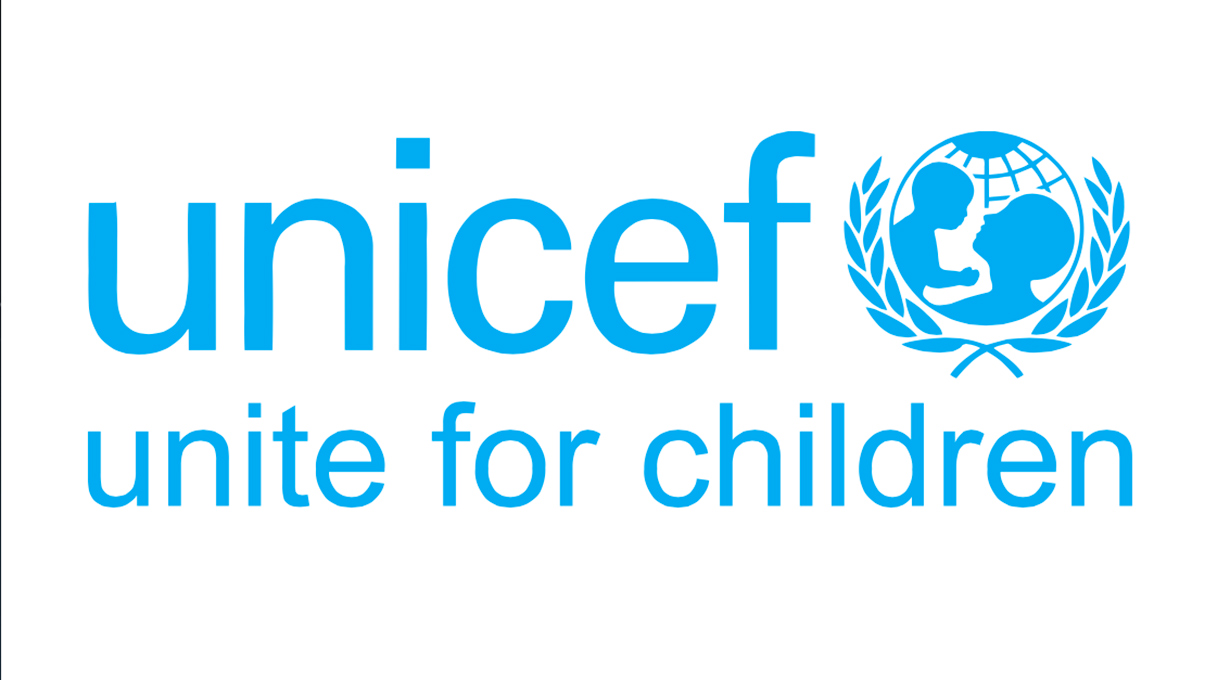
United Nations International Children's Fund (UNICEF)
It is the world's leading organization for the protection of the rights and living conditions of children and adolescents. The site offers information and numerous multimedia tools.
Last update:

United Nations Body for Gender Equality and Women's Empowerment (UN Women)
UN Women is the UN organization delivering programmes, policies and standards that uphold women’s human rights and ensure that every woman and girl lives up to her full potential.
Last update:

European Union Portal (EU)
The European Union is a unique economic and political partnership between 27 countries. The website contains information, news, links, documentation, and services about the European Union and the lives of its citizens.
Last update:
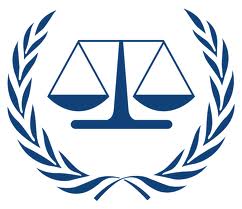
International Criminal Court (ICC)
The Statute of the Court was approved in Rome in 1998 and currently provides for the jurisdiction of the court for war crimes, crimes against humanity and genocide. The site contains reports on the court's activities and online international criminal law instruments.
Last update:
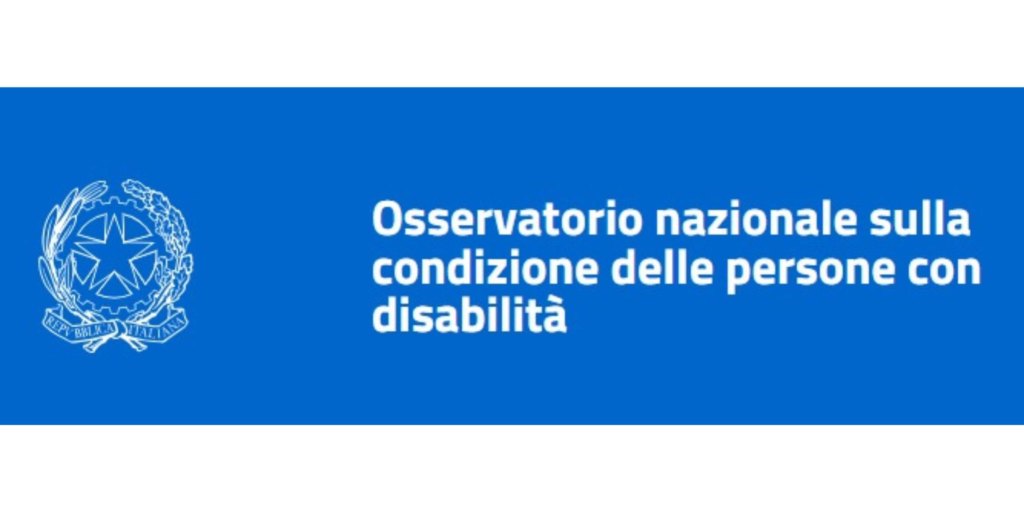
National Observatory on the Condition of Persons with Disabilities
The National Observatory on the Condition of Persons with Disabilities, established by Law No. 18 of March 3, 2009, has advisory and technical-scientific support functions for the development of national policies on disability. Its purpose is to evolve and improve information on disability in our country and, at the same time, to contribute to improving the level of effectiveness and adequacy of policies.
Last update:
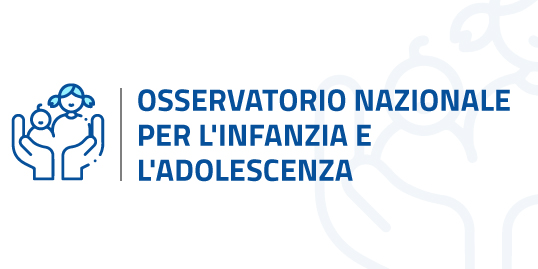
National Observatory for Childhood and Adolescence
The National Observatory for Childhood and Adolescence, established by Law 451/1997, is responsible for preparing official documents related to childhood and adolescence, such as the National Plan of Action and Interventions for the Protection of Rights and Development of Individuals in Developmental Age, the Biennial Report on the Condition of Children in Italy and the Implementation of Related Rights, and the outline of the Government's Report to the UN on the application of the 1989 International Convention on the Rights of the Child and Adolescence.
Last update:
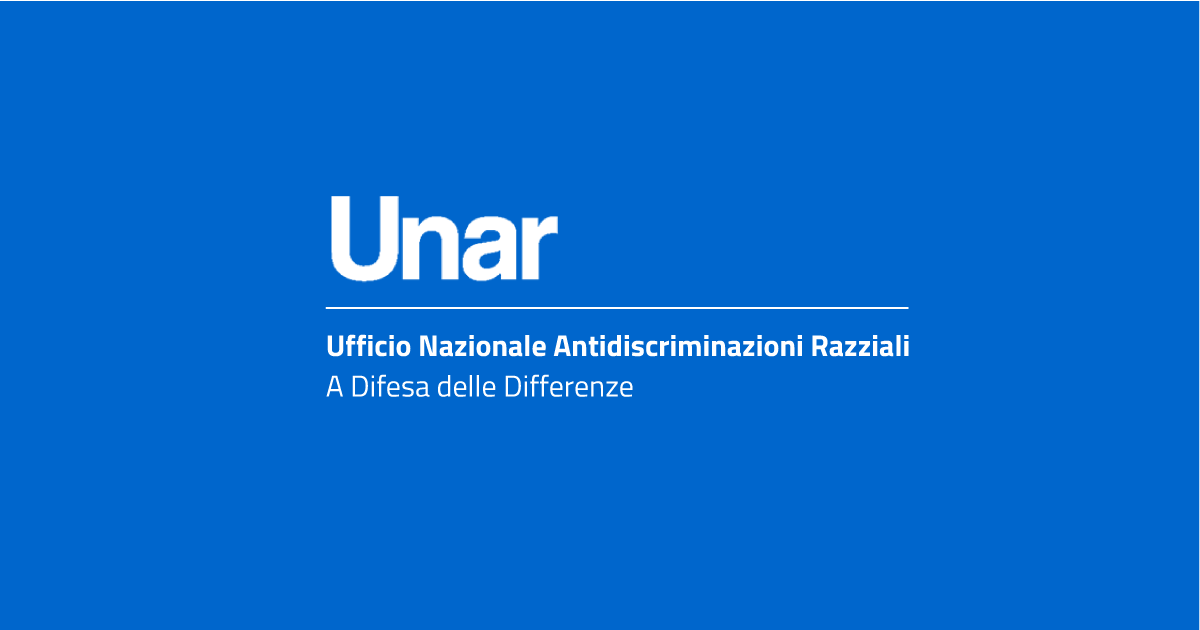
National Office Against Racial Discrimination (UNAR)
The Office for the Promotion of Equal Treatment and the Elimination of Discrimination is the office appointed by the Italian State to guarantee the right to equal treatment of all persons, regardless of their ethnic or racial origin, age, religious belief, sexual orientation, gender identity or the fact that they are persons with disabilities.
Last update:
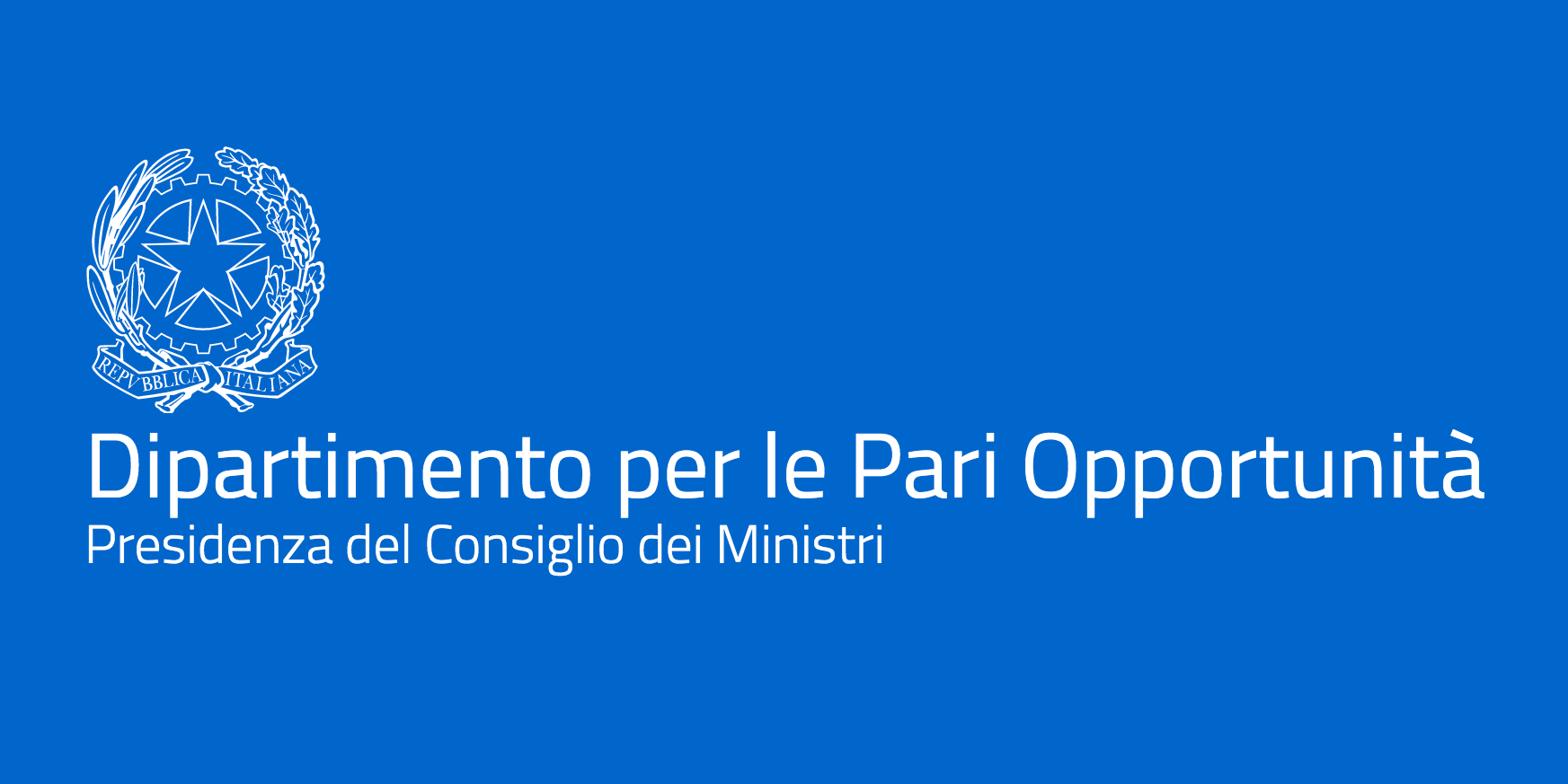
Italian Department of Equal Opportunity
The Equal Opportunity Department is the support structure to the Prime Minister's Office that operates in the functional area inherent to the promotion and coordination of personal rights, equal opportunity and equal treatment policies and government actions aimed at preventing and removing all forms and causes of discrimination.
Last update:

Italian Committee for Bioethics (ICB)
The Italian Committee for Bioethics was established by a decree signed by the President of the Council of Ministers on 28 March 1990 with the task of expressing opinions, and also for the purpose of preparing legislative acts, to address the ethical and legal problems that may arise as a result of the progress in scientific research and technological applications on life.
Last update:

